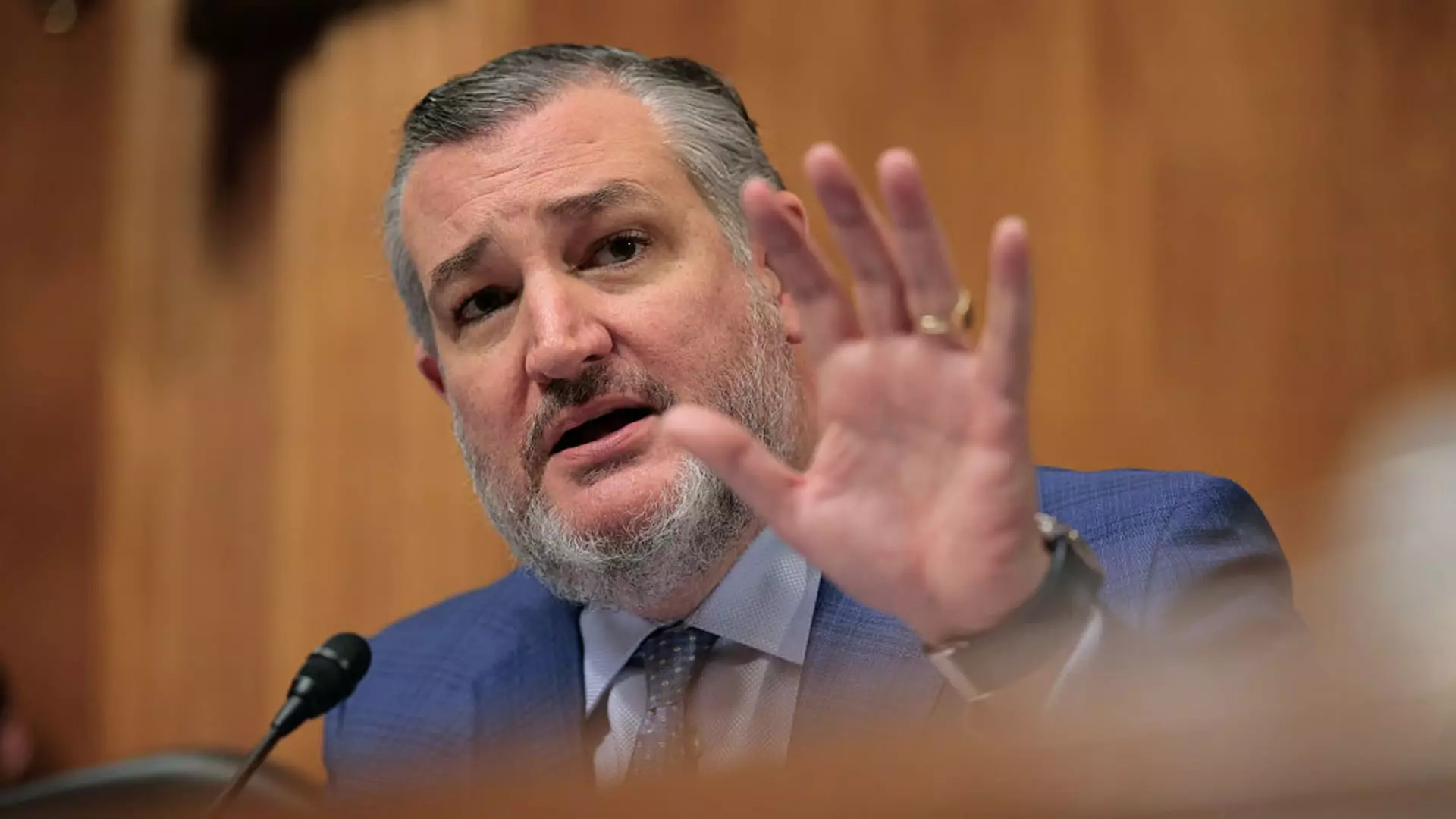In recent days, the clash between government oversight and media freedom has taken a troubling turn. When FCC Chairman Brendan Carr issued veiled threats to revoke ABC’s broadcast license over Jimmy Kimmel’s satirical remarks, it exposed a perilous trend: the blurring line between regulatory authority and political enforcement. It is an alarming display of how government power, when wielded with thinly veiled intimidation, risks undermining the very foundation of free speech. Such tactics threaten to turn the independent media landscape into a political tool, where dissent and satire are met not with open debate but with bureaucratic retribution.
The language Carr used—“We can do this the easy way or the hard way”—echoes the rhetoric of coercive regimes rather than a democratic regulator committed to fair oversight. It symbolizes an overreach rooted in intimidation, setting a dangerous precedent that other broadcasters might soon find hard to ignore. When a government agency signals it might leverage licensing power to silence satire or dissent, it effectively threatens the voice of a free media. The implications extend far beyond one late-night host or political dispute; they threaten to reshape the relationship between government and the press into one of submission rather than accountability.
The Politicization of Regulatory Bodies: A Center-Left Perspective
From a center-left liberal vantage point, this situation should evoke concern about the safeguarding of open discourse. While critics may argue that certain content violates public interest standards, suppressing a comedian’s commentary—even if controversial—risks hollowing out the protections necessary for a free society. Media censorship under the guise of regulatory discipline is dangerous anywhere, but it’s especially troubling in an era where misinformation and disinformation already threaten democratic processes.
The fact that FCC officials are aligning their language with political figures and interests reflects a troubling trend: regulatory bodies are increasingly influenced by partisan considerations rather than objective standards. This politicization dismantles the notion of an independent regulator working impartially for the public. Instead, it creates a climate in which media companies might conform not to journalistic or ethical standards, but to political expediency dictated from the corridors of influence. Such an environment fosters self-censorship, where broadcasters second-guess satire, critique, and dissent out of fear of government reprisal.
The Risks of Undermining Media Autonomy
What makes this development particularly distressing is the pattern it sets for future government interference. By hinting at license revocation, Carr’s comments suggest that content—regardless of its legal protections—can be threatened by the perceived political alignment of its creator. This erodes the vital checks and balances that protect free expression and transforms the medium into a battleground for ideological dominance.
The political landscape is already rife with polarization, and this episode adds fuel to that fire. When government agencies act in ways that appear aligned with particular partisan interests—especially with tacit threats—they create a chilling atmosphere for journalists and entertainers. The damage isn’t limited to the targeted individual but extends to the broader ecosystem of free speech, where diversity of thought and critique are essential to healthy democracy. Suppressing a satirical voice because it challenges certain political narratives undermines the core liberal values of open debate and accountability.
The Double-Standard and Its Consequences
It’s noteworthy that President Trump, often seen as a champion of free speech in certain circles, applauded Carr’s stance against Kimmel, further complicating the moral narrative. His endorsement raises questions about consistency and the danger of politically motivated censorship, regardless of ideological alignment. If conservatives or liberals alike begin to accept government threats as legitimate tools to silence inconvenient voices, democratic discourse becomes fragmented and fragile.
The experience with Kimmel becomes not just an isolated incident but a symbol of an increasingly untrustworthy system where free expression is conditional on aligning with predominant political interests. The fact that ABC and Nexstar Media Group preempted station broadcasts indicates that fear of regulatory action can be powerful enough to silence satire and scrutinize dissent. This shrinking space for open debate weakens the democratic fabric and allows authoritarian tendencies to flourish under the guise of public interest regulation.
The incident underscores an urgent need to reinforce independent institutions that defend free speech. As liberal voices that value diversity of thought, we must resist the temptation to accept government meddling as a justified response to political opposition. Protecting media independence isn’t just about safeguarding comedy or satire; it’s about defending the very principles that allow democracy to flourish—pluralism, dissent, and accountability. The danger lies not just in what is happening now, but in what future precedents this episode might set if left unchallenged.


Leave a Reply